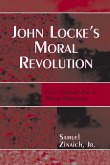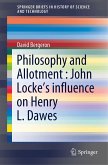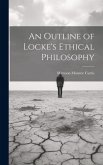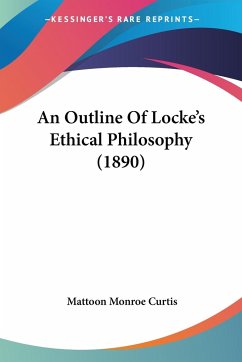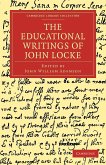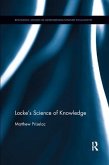Contrary to the long-cherished opinion of John Locke's infatuation with natural law, there is abundant proof that the amount of intellectual energy Locke devoted to his philosophical views was nowhere as narrow as the attempt to justify a natural law outlook. John Locke's Moral Revolution critiques two traditional approaches to John Locke's philosophy. The first approach interprets John Locke as committed to justifying his early his early Christian / Aristotelian views of the law of nature. The second approach sees Locke attempting to manage a cluster of inconsistent moral views. In this new work, author Samuel Zinaich, Jr. argues that Locke attempts to establish a solid underpinning for religious, moral, and political ideas upon the philosophy of corpuscularism.
Hinweis: Dieser Artikel kann nur an eine deutsche Lieferadresse ausgeliefert werden.
Hinweis: Dieser Artikel kann nur an eine deutsche Lieferadresse ausgeliefert werden.


